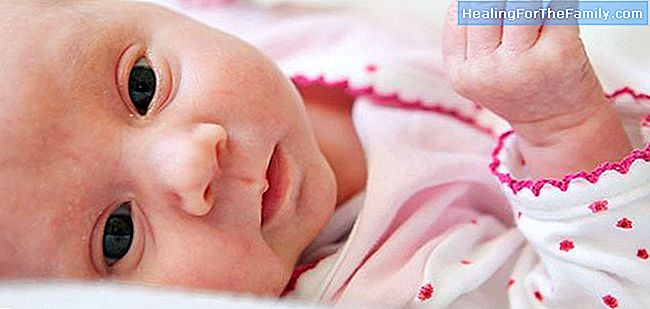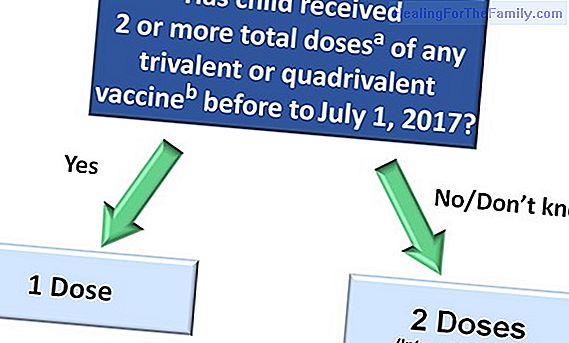The intelligence of premature babies
The birth of premature babies continues to grow. According to a study by the World Health Organization published this year, the number of children born before the end of the round and the 15 million in the world and continues to increase. How will premature babies' intelligence be born prematurely?
The birth of premature babies continues to grow. According to a study by the World Health Organization published this year, the number of children born before the end of the round and the 15 million in the world and continues to increase.
How will premature babies' intelligence be born prematurely? And while we continue to congratulate ourselves on their high survival rate, today we go further and begin to think about their quality of life.What are the consequences of being a premature baby?Premature babies are very fragile creatures. One of the greatest advances in medicine in recent decades is that science has managed to save their lives in extreme situations. We have come to assess the survival of premature babies in 90 percent of those born in week 29, according to the Spanish Society of Neonatology. These are the so-called miracle babies and the progress is such that a greater number of premature babies born with a weight lower than 500 grams are saved each time.
However, how will it affect the babies to be premature as they grow up? Different studies have investigated the specific brain characteristics of children born prematurely. The results of the latest study conducted by experts from the

Institute of Psychiatry de, London, have shown that being a premature baby has consequences for your brain that are related to worse performance in learning tasks and verbal memory, verbal fluency and executive functions. And what is more important, this brain profile could accompany them until adulthood.
This statement is based on the analysis of the microstructure of the cerebral white matter with a modern neuroimaging technique. Researchers have seen that adults with a history of prematurity had alterations in the white matter at the level of the corpus callosum (a huge bundle of fibers that communicates the two cerebral hemispheres), and also in sensorimotor and association areas on both sides of the brain. Therefore, this profile shows a tendency to have lower intellectual quotients than their peers born at term, and a higher frequency of behavioral alterations and the need for academic support. Survival is a great achievement of medicine, but it is necessary to think about the quality of life that awaits these babies in the future. How? Putting in motion and at your reach all the activities and programs that promote the cognitive development of premature babies. The early care programs that pursue brain stimulation for children from 0 to 3 years is an interesting initiative to help these people develop their cognitive potential not only in childhood, but also in the performance of their academic and professional studies throughout life.Marisol Nuevo.
Editor of Guiainfantil.com












